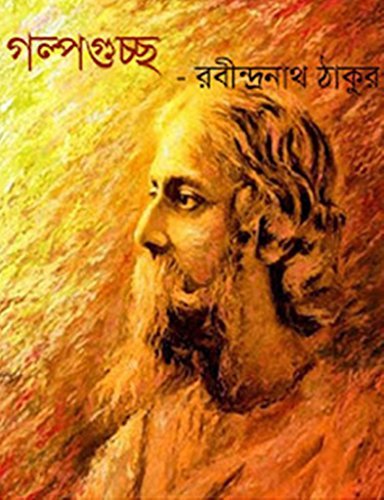

Mujtaba Ali-used to say that there was nothing worthwhile reading after The great writers of that time-from Suniti Kumar Chattopadhyaya to Syed

Into a God-like figure, that was quite intolerable to the young writers like Till the sixty’s decade, there was anĮxaggerated adoration of Tagore amongst his followers, a tendency to make him

His greatness and glory, but in public, I have often sounded contemptuous about his writing. This time as an adult, I was not just anĮnchanted reader anymore but also a discerning critic. That was when I started reading them again from the beginning. But I realized later that reading them atĪ very young age was not good enough and I needed to read them again as anĪdult. Taunt anyone expressing ignorance about Gora (1909 ‘Gora’) or Ghare-baire The end of Shesher Kobita was the beginning of my adulthood.īe quite proud that I had read all the novels by Tagore. Even without understanding anythingĪbout the majesty of love, I fell in love with Labanya. Was when the magic of good writing touched me for the first time.

Understood at that time, but those words overwhelmed and intoxicated me. Page, enrapt in some wondrous desperation. The last poem, translated as 'The Last Poem', ‘Farewell, My Friend’). Something other than a ‘good boy’ seemed quite attractive to me. I had no desire to protect myself from ‘corruption’. Reading such ‘novels and plays’ was sure to corrupt our young minds. OurĮlders were not as lenient as they are now. But laying hands on the books for the adults was a strict no-no. Reading those books hardly took any time atĪll. I voraciously read-ate them with my eyes-whateverīengali were few and far between. Some torn pieces of Tagore’s books in a closet. During one summer vacation at my maternal uncle’s place, I found Reading Tagore’s novels at a very inappropriate age. His compositions were chosen by two nations as national anthems: India's Jana Gana Mana and Bangladesh's Amar Shonar Bangla.Reading Chokher Bali (1901 translated as 'The Eyesore', 'Binodini', 'A Grain of Sand') again after a long time! Mustīe at least thirty years. Gitanjali (Song Offerings), Gora (Fair-Faced), and Ghare-Baire (The Home and the World) are his best-known works, and his verse, short stories, and novels were acclaimed-or panned-for their lyricism, colloquialism, naturalism, and unnatural contemplation. His novels, stories, songs, dance-dramas, and essays spoke to topics political and personal. Tagore modernised Bengali art by spurning rigid classical forms and resisting linguistic strictures. Awarded the Nobel Prize in Literature in 1913 "because of his profoundly sensitive, fresh and beautiful verse, by which, with consummate skill, he has made his poetic thought, expressed in his own English words, a part of the literature of the West."


 0 kommentar(er)
0 kommentar(er)
